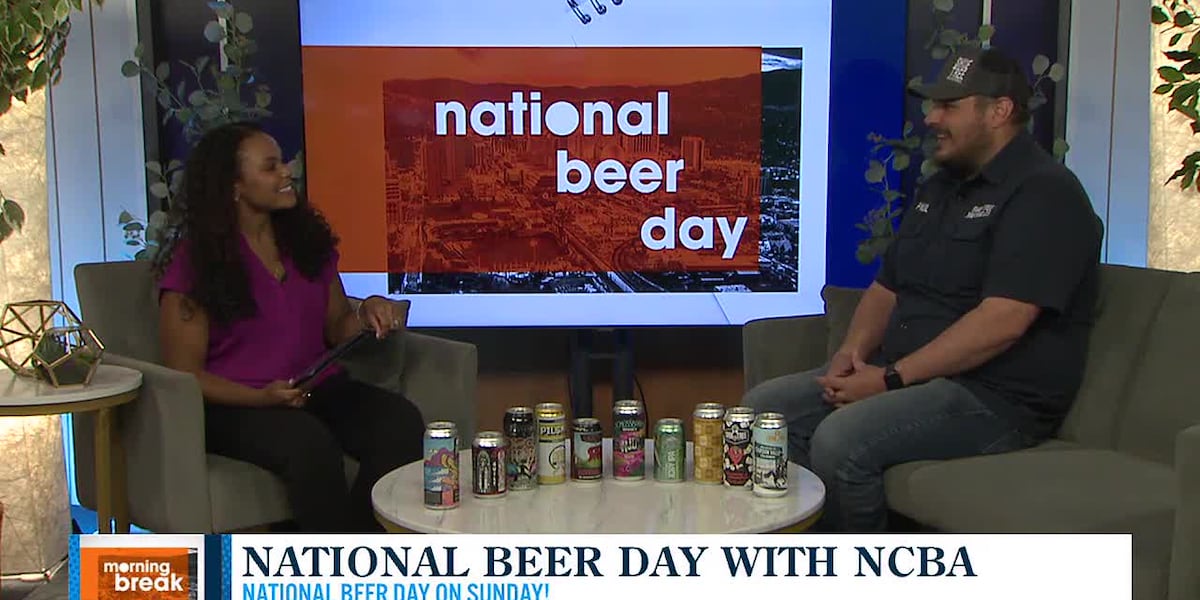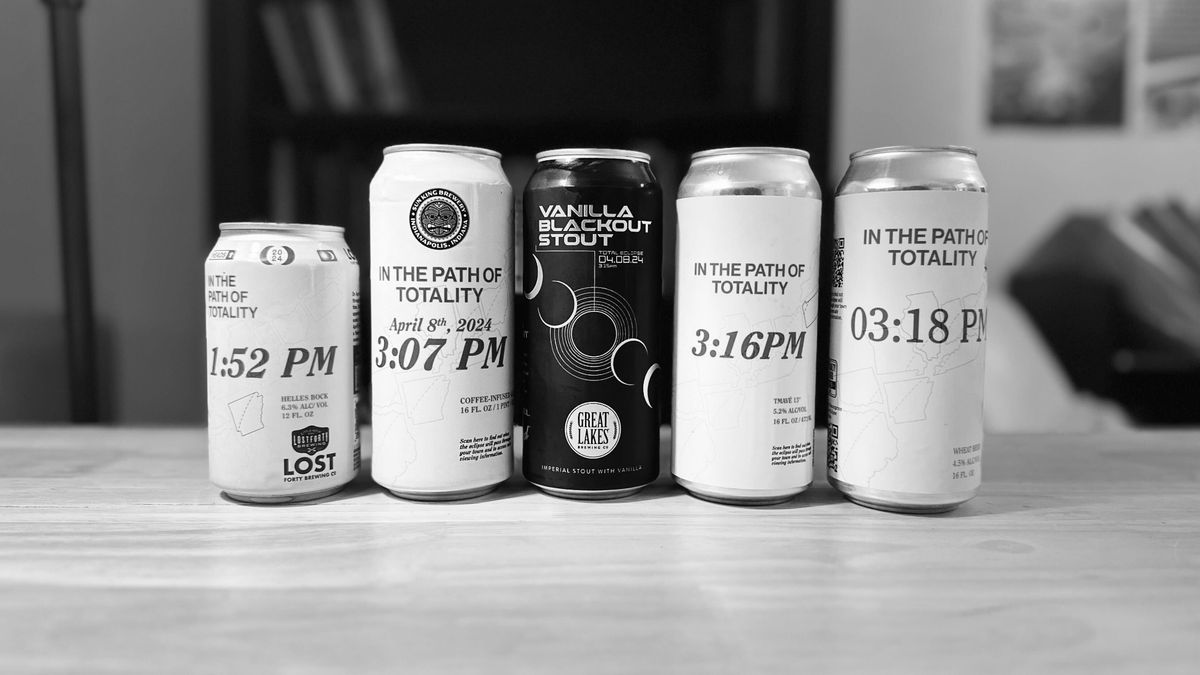Understanding the Impact of the Federal Excise Tax on Alcohol
The federal excise tax on alcohol is a topic that has stirred discussions among Canadian craft beer makers, distillers, and wine producers. This financial measure has far-reaching implications not only for the producers themselves but also for consumers and the broader hospitality industry affected by COVID-19-related inflation.
The Escalation of the Federal Excise Tax
In a significant move, the federal government has increased the federal excise tax on alcohol by 4.7%, more than doubling the previous year‘s increase. This decision has sent ripples through the industry, adding more burdens to businesses already struggling under the weight of both federal and provincial taxes and the economic pressures brought on by the pandemic.
The Ripple Effect on Small Businesses
Many small businesses, particularly in the restaurant and hospitality industries, find themselves in a precarious position. craft beer brewers, distillers, and wine makers, who were just beginning to recover from the impact of COVID-19, now face further financial strain. This increase may seem small on paper, but for many, it’s the latest in a series of challenges threatening their survival. The tax not only affects production costs but, inevitably, trickles down to affect retail prices, impacting consumer behavior and spending.
A Call for Compassion and Change
In response, several industry groups have come together, advocating for a cap on the increase. They suggest that capping the federal excise tax on alcohol at 2%—similar to the previous year’s cap—could provide some much-needed relief. This collective voice highlights the importance of supporting local businesses, especially during such turbulent times.
| Impact Area | Detail |
|---|---|
| Cost of Production | Increases with the tax hike |
| Consumer Prices | May rise, affecting demand |
| Business Survival | More at risk due to added financial pressures |
What This Means for Craft Beer and Wine Lovers
For enthusiasts of Craft Beer and fine wines, this increase in the federal excise tax on alcohol may mean paying more for their favorite beverages. Beyond the obvious financial implications, it speaks to a larger issue of sustaining local businesses that add cultural and economic value to our communities.
Moreover, these challenging times underscore the essence of community support. Whether by lobbying local MPs for policy changes or simply choosing to buy local, every small action contributes to a bigger cause—keeping the spirit of local craft beer, distillers, and wine makers alive amidst the economic turmoil brought on by COVID-19-related inflation.
Conclusion
As we navigate through these uncertain times, understanding the nuances of the federal excise tax on alcohol becomes crucial. More than just a policy, it’s a stabilizing force that could tip many small businesses into the red. It’s a reminder of our interconnectedness, and how, through collective effort, we can advocate for positive change that benefits all stakeholders involved in the craft beer, distilling, and winemaking industries.







